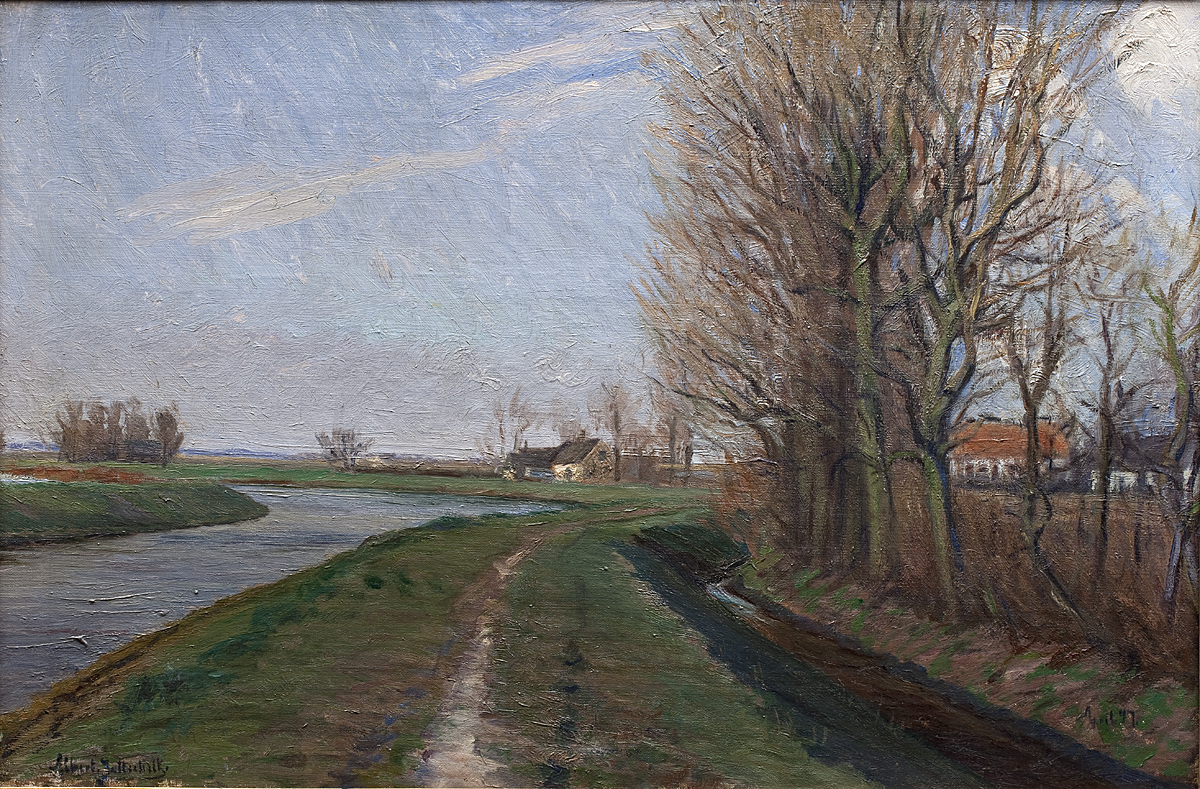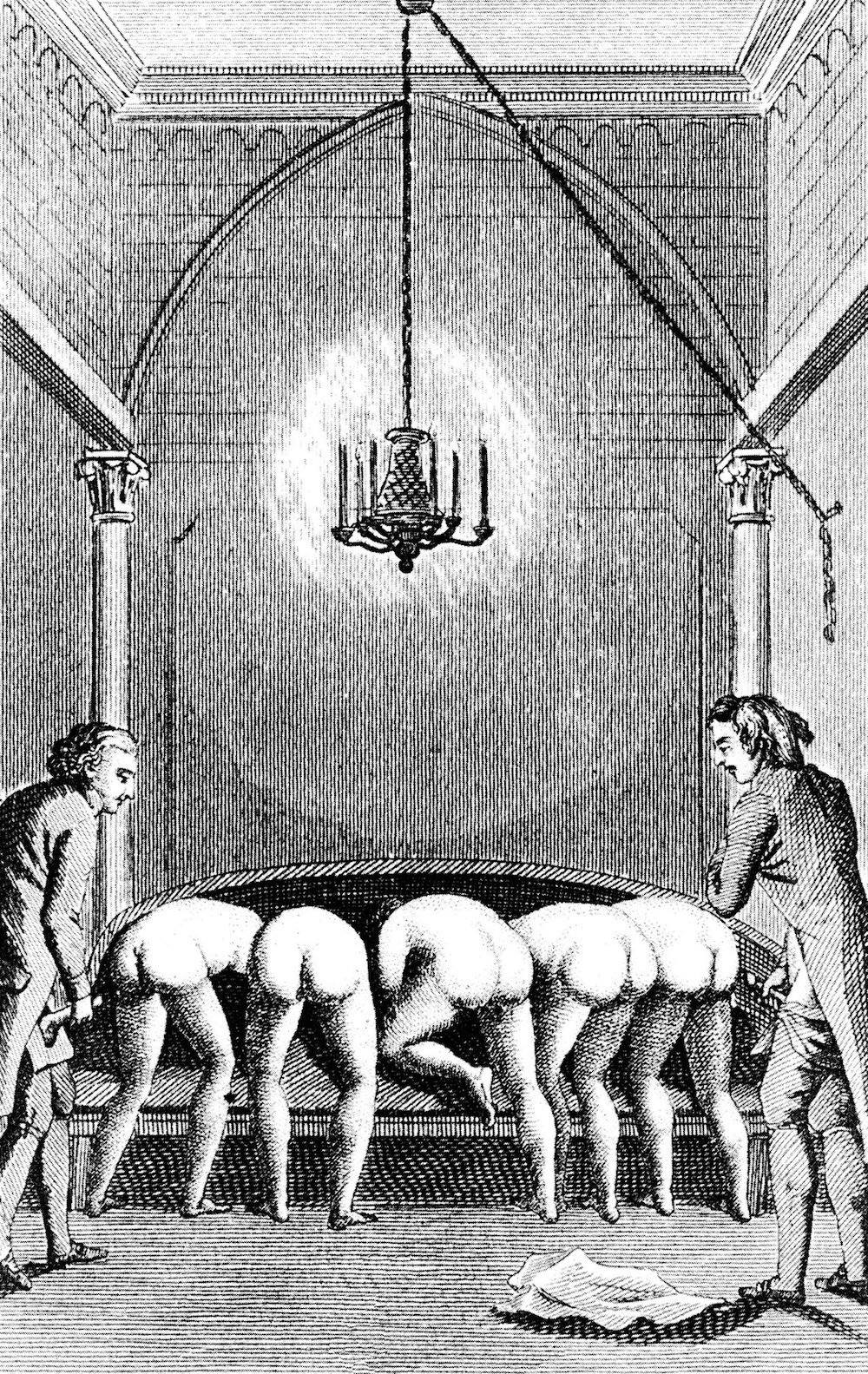【Caught in the Act: Promiscuous Sex Life of My D-Cup Mother in law】
My Mistress’ Face
Our Daily Correspondent

Albert Gottschalk, Eftermiddag i april(Afternoon in April), 1897.
The variable nature of April weather has long made it fodder for poets. (Or for poets in temperate climates, at any rate.) If you’ve come into contact with any choral pieces in your time, chances are you’ve come across this Thomas Morley pastoral:
April is in my mistress’ face,
And July in her eyes hath place;
Within her bosom is September,
But in her heart a cold December.
The popular madrigal, if that’s not a contradiction in terms, was published in 1594; it’s believed to have been based on the work of the Italian baroque poet Livio Celiano. Orazio Vecchi, who set the poem, was a well-known composer; his “Madrigal Comedies,” sort of a cappella proto-operas, were all the rage amongst the late sixteenth-century nobility.
Morley was celebrated, too. Though his background was humble, he became the organist at Saint Paul’s, and his many compositions were widely published. Scholars don’t know for sure whether he and Shakespeare actually interacted—they were contemporaries, and lived for a while in the same parish—but Morley did set a version of As You Like It’s “It Was a Lover and His Lass” during the playwright’s lifetime. (Like most things Shakespeare, it’s all highly speculative—but the men were both in favor with the court and moved in similar circles.)
Unlike the Bard, Morley was known for his business acumen. From 1598 to 1602 he held one of the royally granted monopolies known as “printing patents,” and as such published much of the music produced in his era. This, in turn, would have helped to fuel the English Madrigal vogue that lasted through the first three decades of the seventeenth century. And it’s part of the reason we know “April Is in My Mistress’ Face” in its original form.
If Mad Menignited a vogue for thin lapels and old-school cocktails, and Downton Abbeyinfluenced waistlines, it’s fun to think about whether April’s Wolf HallTV adaptation will start a new madrigal craze. Probably not. But then, the motif of the inconstant, materialistic woman is a perennial pop-music favorite.
Sadie Stein is contributing editor of The Paris Review, and the Daily’s correspondent.






Related Articles